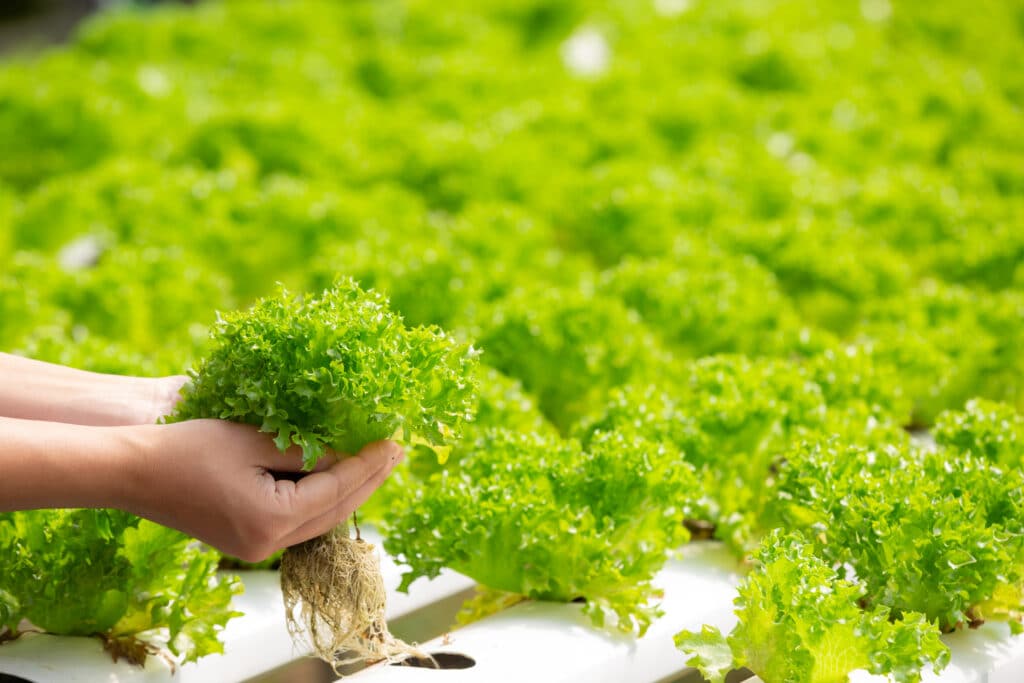In today's post we will analyse the operation and application of one of these innovative systems: hydroponic cultivation.
Producing plants of any kind is difficult when it is done in the open, as there are a myriad of environmental variables that affect the development of the crop. However, thanks to technological developments and their application in agriculture - calledAgTecho Technological Agriculture-It has been possible to design systems that have been able to solve this problem to some extent.
Hydroponics: How does it work?
Hydroponics or hydroponics is a method of growing plants using mineral nutrient solutions in water and without agricultural soil. The roots receive a balanced, nutrient solution dissolved in water with thechemical elementsessential for plant development.
Therefore, plants grown in hydroponic systems are not directly dependent on the weather and can be produced all year round, thus solving the problem of seasonality.
Seasonality is a major concern for farmers, as it makes the farming industry an extremely volatile and unstable industry, both within a single year and on a year-on-year basis.

Hydroponic cultivation applied toberries
Hydroponic cultivation since its inception has been mainly related to vegetables under cover (e.g. tomatoes and cucumbers). Recently, however, berry crops (especially strawberries and blueberries) have been particularly favoured under this system.
Many berry growers have adopted this production system because of the many advantages it offers: higher yields, better fruit quality and safety, uniform and early production, less space needed to produce, better pathogen control, etc.
In addition, hydroponic solutions significantly increase planting density, with up to 4,000 plants per hectare. Moreover, hydroponics allows yields of up to 50% more production in kg/ha during the first year of production compared to the same product in soil. In addition, plants start to produce earlier when hydroponics is used, allowing earlier market entry.
Consequently, berry cultivation in Spain has grown at a rate of more than 20% per year in recent years.
Hydroponic cultivation: investment activity
En lo que respecta a la actividad inversora del subsector del cultivo hidropónico, a nivel europeo, destaca la venta de Hubel Agrícola, empresa portuguesa dedicada a la producción hidropónica de berries (frambuesa y fresa) en invernaderos, a la firma de Capital Riesgo Vallis Capital Partners.
While in Spain, the €50K round of financing received in August 2016 by the Madrid-based companyEasyponicwhich has an agricultural intelligence device that deals with hydroponic crops.
